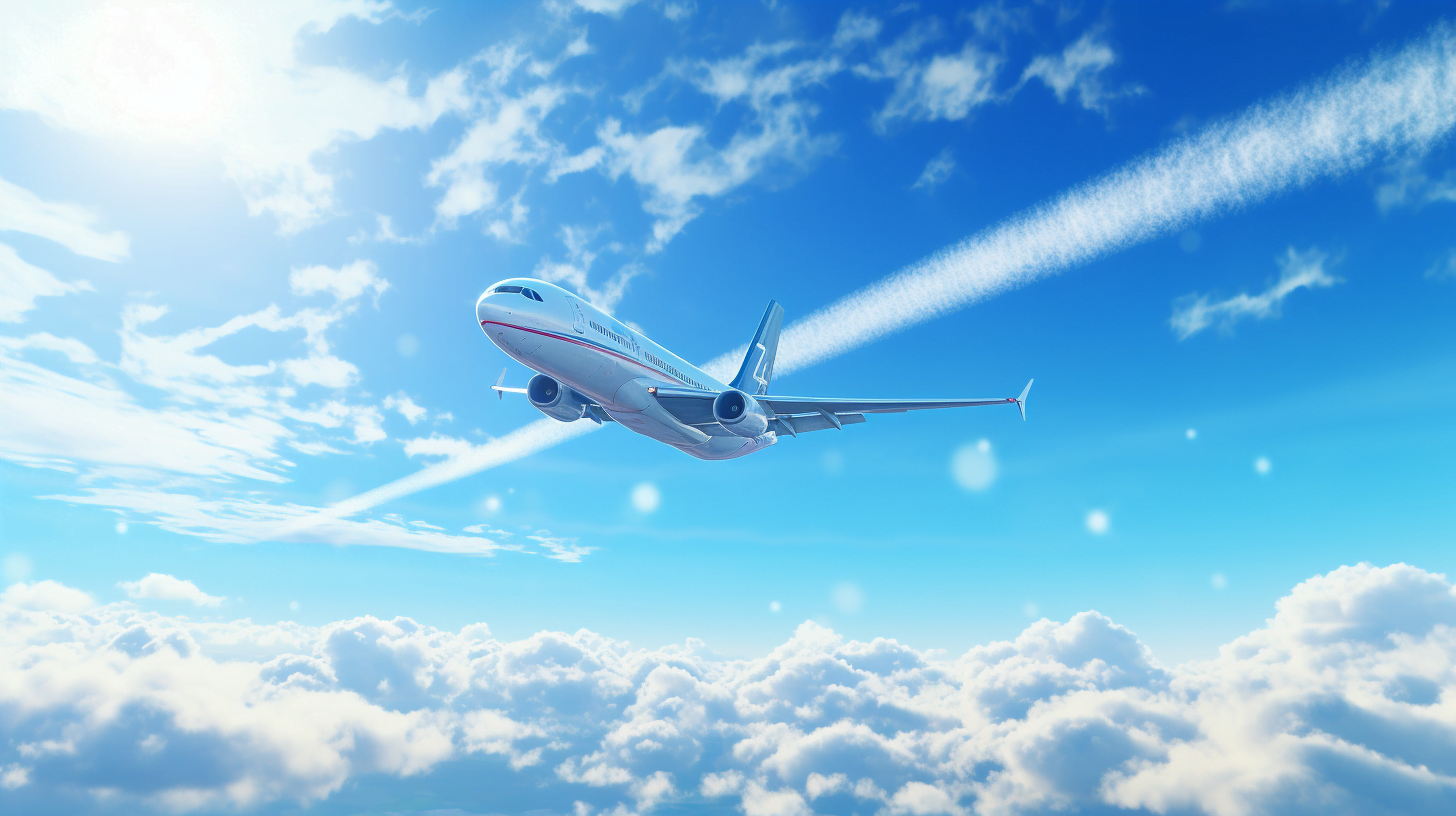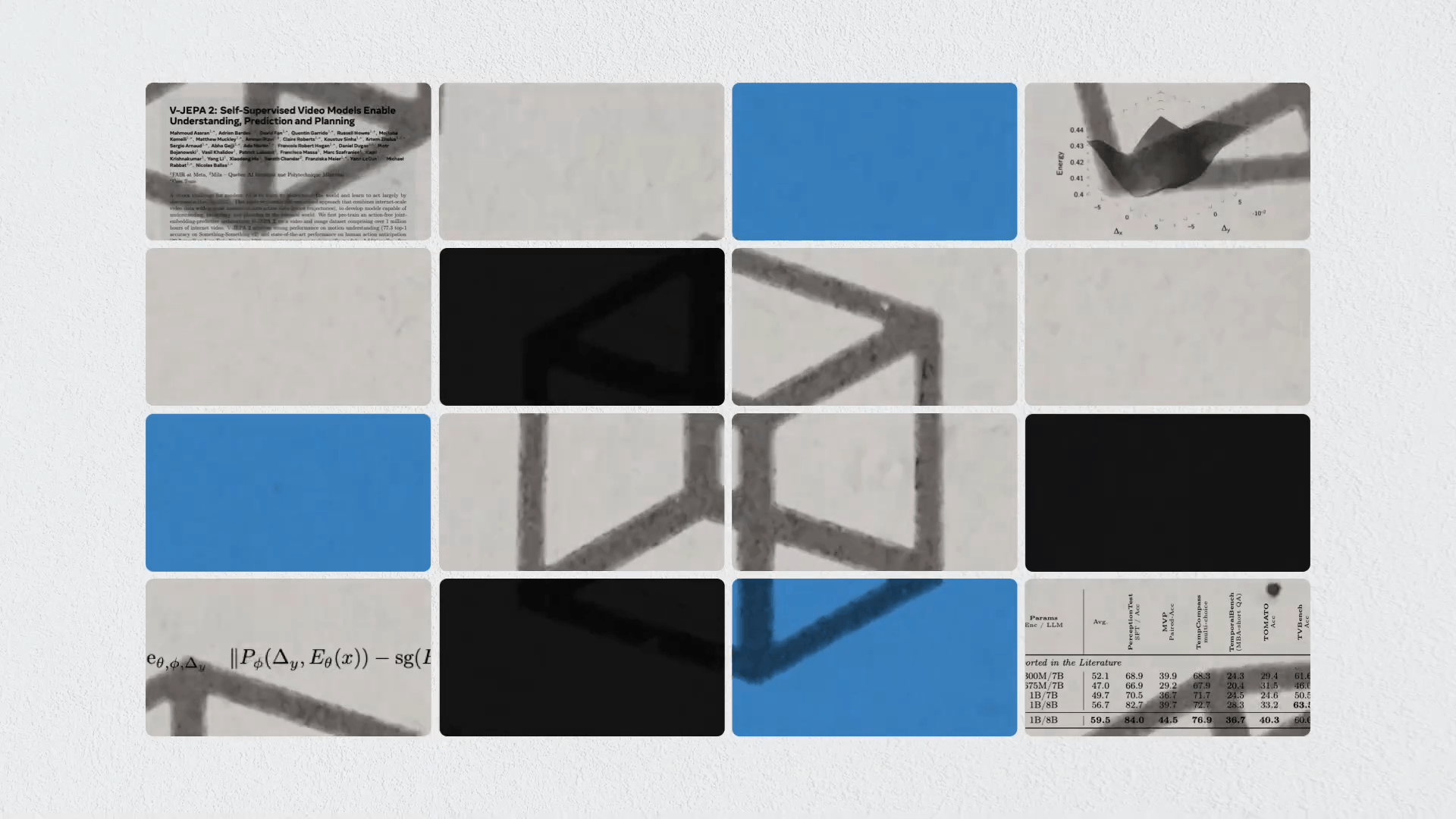In a pilot project, Google and American Airlines are investigating whether planes can avoid condensation trails through clever route planning. They can, but at a cost.
Using satellite imagery, weather and flight data, the project team used an AI system to predict which routes would cause contrails. American Airlines pilots then flew adjusted routes accordingly.
Analysis of satellite imagery showed that the new routes reduced contrails by 54 percent. A total of 70 test flights were conducted over a six-month period.
Contrails are formed when aircraft fly through moist layers of air. They can persist for long periods of time as cirrus clouds. During the day, they reflect sunlight; at night, they block heat radiation.
Overall, they increase the greenhouse effect. The pilot project concluded that flying around these air zones could significantly reduce climate pollution.
Fewer contrails, more fuel consumption
However, a key finding of the American Airlines study is that flights that tried to avoid contrails used two percent more fuel. But other studies show that only a small percentage of flights need to be adjusted to avoid most of the warming caused by contrails.
The total additional fuel burn for all of an airline's flights could be as little as 0.3 percent. This suggests that contrails could be avoided on a large scale for about $5 to $25 per metric ton of CO₂ equivalent, according to the research team. This would be a cost-effective way to reduce global warming, and further improvements are expected.
Contrails cause 35 percent of aviation's climate impact
Aviation is a major contributor to climate change. According to a report by the Intergovernmental Panel on Climate Change, about 35 percent of climate pollution from aircraft is caused by contrails, the white plumes of exhaust in the sky.
The aviation industry can help combat global warming by avoiding contrails through AI predictions, the project concludes. The participating companies announced plans to deploy the technology on a large scale in the coming years.






